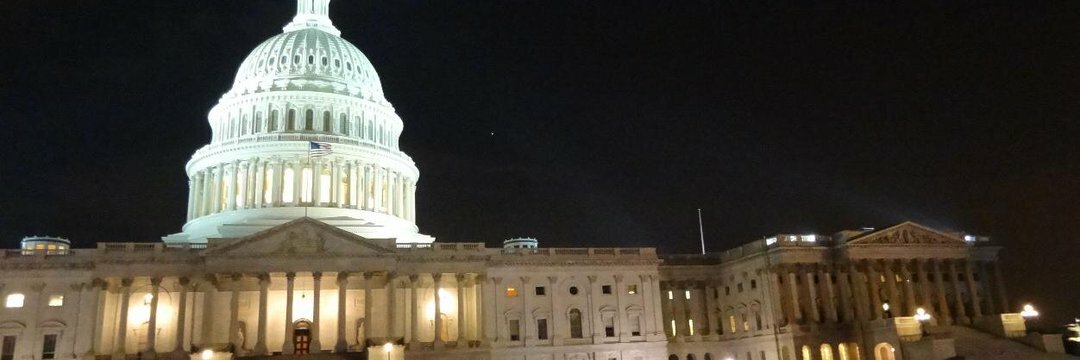
Click here to Learn how to make money from Geopolitics
In an eleventh-hour push to secure funding before the year's end, the Senate passed a $886 billion defense spending proposal on Wednesday, backed by President Joe Biden. The bill, which includes provisions for Ukraine, annual pay increases for military personnel, and the reauthorization of the National Defense Authorization Act (NDAA), has sparked significant controversy due to concerns over warrantless surveillance of American citizens.
The NDAA allocates funding for various Pentagon objectives, such as training and equipment. It received bipartisan approval in the Senate, with a majority vote of 87-13. This marks the 61st consecutive year that Congress has moved forward with the crucial defense budget measure.
Amidst mounting global security challenges, Senate Majority Leader Chuck Schumer emphasized the significance of passing the NDAA. He underscored the need to confront Russia, stand firm against the Chinese Communist Party, and ensure that America's defense capabilities remain cutting-edge.
The bill will now head to the House, where conservative Republicans have expressed intent to derail its progress. These lawmakers take issue with the removal of disputed elements that would have impacted the Pentagon's abortion policy and transgender healthcare procedures.
The version of the NDAA approved by the Senate represents a compromise with the budget package previously passed in the House earlier this year. The House version included provisions aimed at regulating transgender healthcare within the Pentagon and repealing a policy that allows service members to receive reimbursement for out-of-state travel related to abortions.
Senator Tommy Tuberville, an Alabama Republican, strongly opposed the abortion policy for ten months by delaying military promotions in the Senate.
Key measures within the Senate-approved National Defense Authorization Act include:
1. Authorization of $844.3 billion for the Department of Defense and $32.4 billion for national security programs within the Department of Energy.
2. Support for defense activities among the United States, the United Kingdom, and Australia.
3. Extension of the Ukraine Security Assistance Initiative through fiscal year 2027, including the authorization of the full budget request of $300 million in fiscal year 2024.
4. A 5.2 percent pay raise for military servicemembers and the Defense Department civilian workforce.
5. Funding allocations for naval vessels, combat aircraft, armored vehicles, weapon systems, and munitions.
In addition to these provisions, the NDAA renews the controversial FISA Court and supports mass warrantless surveillance. Only thirteen senators, including Senator Mike Lee of Utah, opposed the bill.
Senator Lee spoke out against the "warrantless backdoor surveillance" of American citizens. This sentiment was echoed by renowned whistleblower Edward Snowden, who expressed concern over the violation of constitutional rights. Snowden urged the public to contact their representatives and demand the rejection of the NDAA.
Furthermore, the NDAA includes a provision to extend Section 702 of the Foreign Intelligence Surveillance Act (FISA) until mid-April. This decision has been met with mixed responses, as some argue it ensures national security, while others believe it opens the door to potential privacy infringements. The debate continues in Congress, with four alternative measures under consideration to renew and modify the legislation.
While Section 702 ostensibly permits government surveillance of foreign individuals outside the U.S., whistleblowers have highlighted the potential for backdoor searches on Americans' data if they communicate with a target of surveillance. The reauthorization of the NDAA could exacerbate concerns surrounding privacy and surveillance in the digital age.
